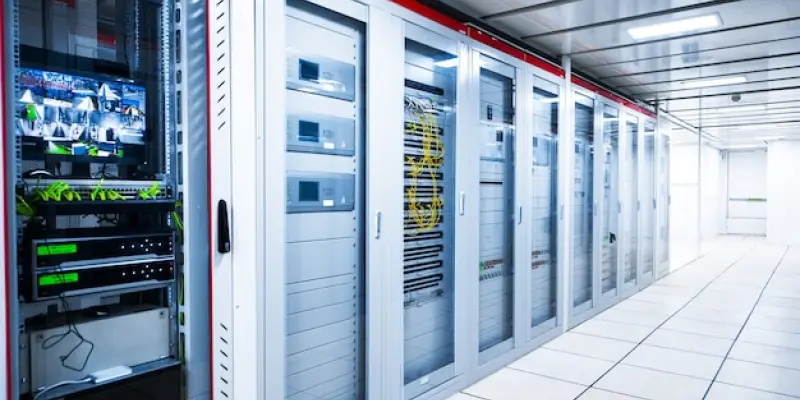In an era where artificial intelligence is intricately interwoven into various technological facets, the metamorphosis of data center operations is becoming increasingly evident. The rising need for computational power to sustain AI technologies, such as generative AI and autonomous systems, has resulted in a marked increase in energy consumption, with projections indicating that data centers will consume an unprecedented 35 gigawatts of power annually. This burgeoning demand forces a re-evaluation of how data centers are designed and function. As industry leaders like Vivian Lee from Boston Consulting Group suggest, not only is the scale of data centers expanding, but their very core purpose is evolving. This evolution demands innovative approaches to manage energy consumption and optimize the centers for large-scale AI operations.
Transforming Design and Infrastructure
As AI technologies become integral to industry practices, the construction of data centers is undergoing significant transformation. There’s a shift toward increasing density and upgrading cooling systems, moving away from traditional IT setups. Graham Merriman of Rogers-O’Brien Construction highlights the need for facilities equipped to handle AI’s intense demands. This brings a redesign of physical spaces and new challenges in managing heat effects. To meet evolving requirements, the sector is working to integrate energy-efficient solutions that minimize environmental impact, signaling a shift to sustainable operations, aligning with broader industry environmental priorities. These changes ensure data centers are ready for current and future AI needs.
Recent advancements stress the need for adaptive systems to meet technological scaling without just expanding operations. By embracing these changes, data centers boost computational efficiency. Overall, the evolution of the data center landscape mirrors trends in technology and sustainability, driven by the demand for robust AI support, paving the way for future progress.

